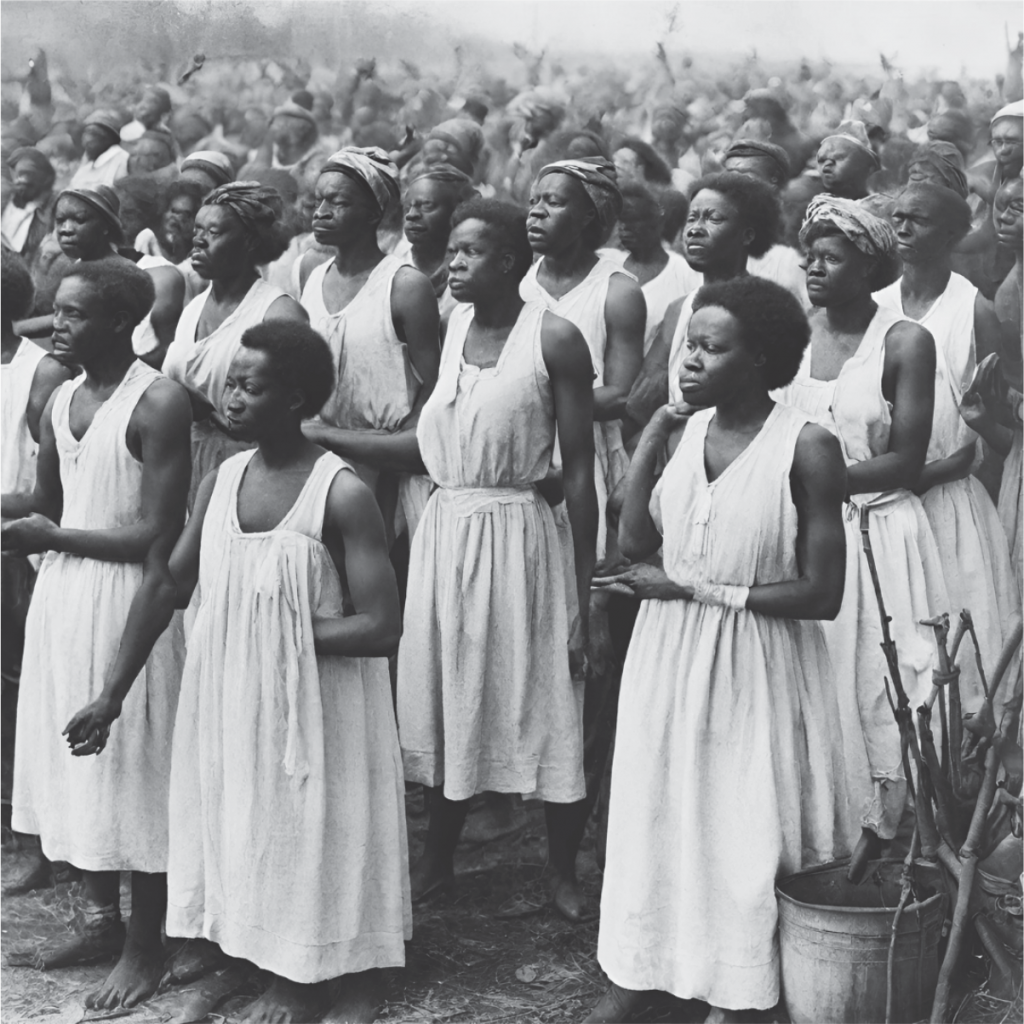African American spirituality has profoundly shaped and sustained social justice movements across history. During the civil rights era, churches served as crucial hubs for activists, offering both spiritual support and a strategic platform for organizing. The Black Power movement witnessed a nuanced engagement with spirituality, showcasing its adaptability. Leaders like Malcolm X emphasized economic empowerment, reflecting the dynamic nature of African American spirituality.
In contemporary times, tragic incidents such as the killings of Trayvon Martin and George Floyd have sparked a renewed focus on spirituality within social justice movements. The Black Lives Matter (BLM) movement, in particular, has emphasized the role of spirituality as a driving force for change.
By intertwining spirituality, healing, and activism, BLM has created a holistic approach to addressing systemic issues and fostering communal support.
Historical Intersection of Spirituality and Social Justice
During the civil rights movement, African American churches played a pivotal role as more than just places of worship. They became sanctuaries for activists, offering a secure environment for organizing, strategizing, and finding solace amid adversity. This dual role of churches, providing both spiritual and practical aid, underscored the integral connection between spirituality and social justice.
The Black Power movement brought forth a diversity of perspectives within the African American spiritual community. While some leaders expressed reservations about militant rhetoric, others embraced the urgent call for change. Malcolm X, a prominent figure during this period, advocated for economic independence and self-determination within the African American community. His influence showcased how spirituality could be a driving force behind social and economic empowerment.

Spirituality in Modern Social Justice Movements
Contemporary social justice movements, notably catalyzed by tragic events like the killings of Trayvon Martin and George Floyd, have spotlighted the enduring impact of African American spirituality. The BLM movement, in particular, has emerged as a powerful force, championing principles of liberation, inspiration, and healing. By placing spirituality at the forefront, the movement emphasizes the vital role of spiritual resilience and empowerment in driving social transformation.
The evolving role of clergy in recent Black justice movements prompts a re-evaluation of the impact of Black religion on American politics and ethics. Scholars explore the spiritual and ethical foundations of Black politics, providing valuable insights for future movements. This research underscores the imperative of infusing spirituality into the discourse surrounding social justice and activism, emphasizing its role in fortifying the resilience and empowerment of African American communities.
Spiritual Foundations of Community Resilience and Empowerment
African American spirituality has been instrumental in fostering community resilience and empowerment. During the civil rights movement, churches not only offered spiritual guidance but also practical support, creating a strong support network. The architecture and infrastructure within African American communities reflected spiritual and ethical dimensions, contributing to a sense of empowerment and liberation.
In contemporary social justice movements, the role of spirituality in activism addresses the emotional toll of advocacy work. Activists recognize the significance of incorporating spiritual practices from diverse traditions for healing and support. The collaboration between BLM groups and black Christian and Muslim leaders highlights the intersection of spirituality, healing, and activism, emphasizing inclusivity and respect for all community members.
The Role of Transformative Justice and Spirituality.
The concept of transformative justice, deeply rooted in African American spirituality and social justice movements, focuses on healing and restoration within communities.
It goes beyond the traditional criminal justice system by addressing the root causes of harm and promoting accountability. This approach aligns with spiritual principles of forgiveness, reconciliation, and communal well-being, exemplified within the BLM movement.
The integration of transformative justice with spirituality is evident as activists draw on spiritual practices to create spaces for healing and reconciliation within marginalized communities. This holistic approach recognizes the interconnectedness of social, emotional, and spiritual well-being, highlighting the transformative power of spirituality in shaping a more just and equitable society.
The Future of African American Spirituality and Social Justice
Looking forward, the future of African American spirituality and social justice movements holds promise for redefining political engagement and inspiring a vision for a more equitable world. The impact of spirituality in fostering resilience, empowerment, and collective action will play a pivotal role in shaping the trajectory of social justice movements.
Ongoing scholarly exploration of the impact of Black religion on American politics and society underscores the potential of spirituality as a resource for changing the terms of political engagement. Works by scholars like Terrence L. Johnson and Vincent Lloyd delve into the spiritual and ethical foundations of Black politics, offering insights for future movements.
As African American spirituality continues to evolve and intertwine with social justice movements, the future promises a more holistic and inclusive approach to addressing systemic inequities. The fusion of spirituality, healing, and activism will shape the collective vision for African American liberation, propelling the ongoing struggle for justice, equality, and dignity.
Conclusion
African American spirituality’s rich history of intertwining with social justice movements remains evident in historical events and influential leaders. The ongoing importance of spirituality in fostering resilience, empowerment, and a collective vision for a more just world is evident in the current BLM movement.
This intersection of spirituality and social justice serves as a source of strength for activists and a framework for envisioning a more equitable and just society. African American spirituality continues to be a guiding force in advocating for social justice and empowerment within the community.
